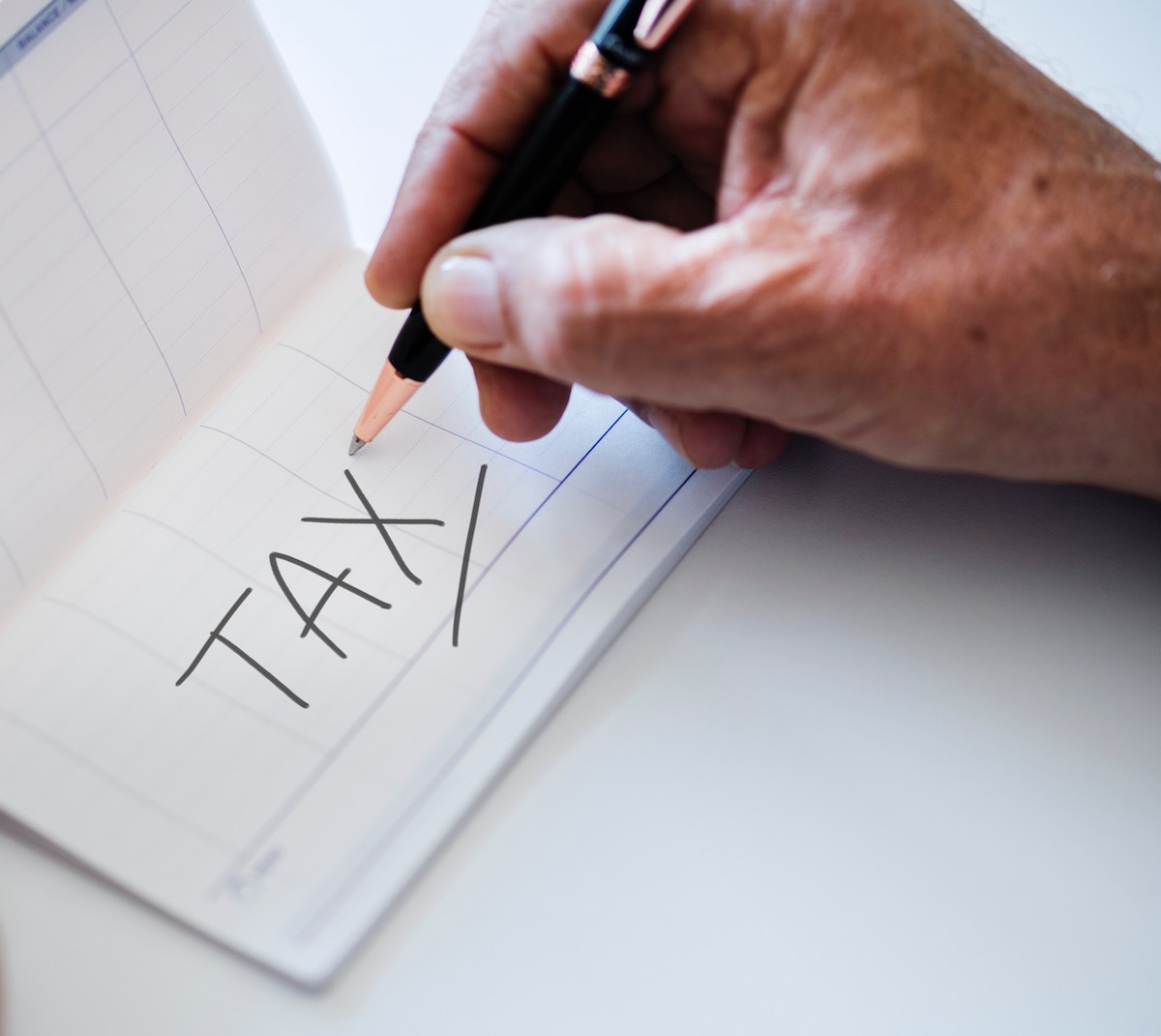The platform business taxation debacle
Jun 7, 2018, by Dan Whale

Platform Economy
Tax
Payments
Want your platform business to be prepared for the future? Communicating your users’ tax obligations to them is a start, but innovation exists to go far further.
Businesses such as online marketplaces or gig/sharing economy platforms, known as ‘platform businesses’, have done rather well in the past few years. Investment has poured in, markets have been dominated and the UK’s most recent budgets have included provisions for their continued development.
However, a recent report revealed that HMRC is still struggling with the taxation of the users of these platforms. The main challenge is not deciding how to apply tax to those making money, but educating them as to what their responsibilities are. HMRC’s March ‘call for evidence’ found that “a quarter of those operating in the sharing economy through online platforms are not confident about their knowledge of tax obligations” with 54% seeing their sharing economy activity as “just a way of making some extra money rather than employment or self-employment.”
The government has set out to simplify taxation, as it seeks to “help the UK become leaders of the digital and sharing economy”. However, it is also wary that as platform businesses grow, so too does the possibility of people hiding second incomes. Furthermore, the government does not want to lose out on VAT from companies that operate within the UK but are based elsewhere. It has implemented measures to prevent this, such as commitments to collaborative working arrangements, data exchanges and timeliness of responses as evidence of non-compliance.
The call for evidence also notes that many people making money in this way have never before had to interact with HMRC, as they have always had an employer to act as an intermediary. HMRC is therefore interested in the role platform businesses could play in educating their users on their tax responsibilities.
When do your users pay tax?
But if, as a platform, businesses are to play a role in displaying a user’s tax obligations, the question naturally presents itself - when do users pay tax? Unfortunately, there is no blanket answer to this question. When your users pay tax will depend on both your and their type of business. That being said, HMRC have recently put a spotlight on platform businesses. “You may need to pay tax if you use websites and apps to sell services like:
- • renting out your home to tourists
- • renting out your business premises, home or any other property for business purposes
- • doing tasks, eg cleaning or odd jobs
- • renting out your personal equipment, eg power tools
This may not be your main job or business. Selling services online like this is sometimes called the ‘sharing economy’ or ‘peer-to-peer’ (P2P) business.” It offers further detail in that as an individual they need to pay tax on selling goods and services online if “income is more than the tax-free allowances and reliefs they’re eligible for.” A simple way to break it down is as follows:
- • If a user gains their income solely from your platform business, they only begin paying tax when their income reaches £11,850 per annum, as is shown in the table below.
- • If a user has other sources of income but their yearly income from platform businesses is less than £1000, they are unlikely to have to pay tax on it due to the tax-free allowance on trading and property.
- • Those earning over £11,850 from other sources and earning over £1000 from platform businesses, must pay tax on their platform earnings at the rate shown in the table below. This must be done via a self-assessment to HMRC at the end of the tax year.
| Band | Taxable Income | Tax Rate |
|---|---|---|
| Personal Allowance | Up to £11,850 | 0% |
| Basic Rate | £11,850 to £46,350 | 20% |
| Higher Rate | £46,350 to £150,000 | 40% |
| Additional Rate | Over £150,000 | 45% |
What makes things slightly more difficult for online marketplaces is that users may also need to register for VAT. As aforementioned, HMRC’s main VAT concerns have been regarding overseas businesses, but this is not to say that obligations do not fall on UK platforms. Its March report highlights that “Budget 2016 and Autumn Budget 2017 included measures to make online marketplaces jointly and severally liable for the VAT of non-compliant overseas businesses in certain circumstances.” As for UK users, they must register for VAT when VAT taxable turnover (the total of everything sold that is not excluded from VAT) goes above the ‘threshold’ of £85,000 per annum.
So where does this leave your business? The key takeaway is this: HMRC knows more needs to be done to tackle this taxation debacle, but it realises that it does not yet have the answers. It has explored how taxation works for the sharing economy in France and Estonia to see if similar models can be applied to the UK, and is now encouraging businesses to contribute ideas to help shape a solution. Principally, it appreciates that “certain businesses are already taking steps to support their users in understanding their tax obligations”, noting that, “This is positive.” However, how this ‘platform-to-user taxation communication’ should manifest itself is still completely unknown.
Solutions
The immediate solution to this is to follow firms setting a ‘positive’ example and begin communicating tax obligations to users via your platform. This could be done in a manner of ways, including clear diagrams on your website or app, sending tax reminder emails to your users or perhaps running a social media campaign to inform them on their tax requirements.
However, there are issues with this approach. Platform businesses are concerned that providing such information would make them liable for its content and the ability of users to understand and implement that information. If a user was found to be evading tax, they could blame the communication of the platform.
It would be far more beneficial if the information was provided by HMRC itself. This would put platform businesses at ease with what they’re communicating and encourage a close relationship between themselves and HMRC.
Whilst an unquestionably strong step forward, it still does not help users actually pay their tax. As a solution it is little more than an extra post buried in the FAQs of a website which can easily be ignored. A more holistic solution would combine the information with a way for users to meet their tax obligations.
Enter Paybase.
By partnering with Paybase, you could offer your users a tool to manage their tax themselves. Paybase’s custom built Logic Engine can - with the right input - deduct any amount from a user’s sales and store it in a separate account. Therefore once a user has established their tax obligations, they can configure their own logic to ensure they are saving correctly (e.g. charge me 40% once sales exceed £1000 within a calendar year, or charge me 20% once sales have exceeded £11,850). Whilst it would not send the money directly to HMRC, it would safeguard the money for each user so that they knew they were meeting their obligations.
To be clear, Paybase would only act as a saving tool, the duty of educating users about their tax requirements would remain with the platform business and/or HMRC. But providing such a useful tool to meet those requirements is a substantial competitive advantage. Considering the competition many platform businesses face in both acquiring and retaining sellers, this customer-centric feature could be exactly what is needed to instil loyalty. Furthermore, it demonstrates a genuine commitment from the platform business to preventing and reducing tax evasion on its platform. As illustrated in the Criminal Finances Act, becoming a platform which tolerates tax evasion is likely to see your business face a far worse punishment than some negative PR.
Publishing HMRC-backed taxation guidelines on your website/app is likely to be the norm within the next few years, so it makes sense to start investigating your users’ tax requirements now - the HMRC helpline can be found here. However, partnering with Paybase allows your platform to go that step further in helping users pay the right tax. It is something both they and HMRC need help with - why not lead the way?


